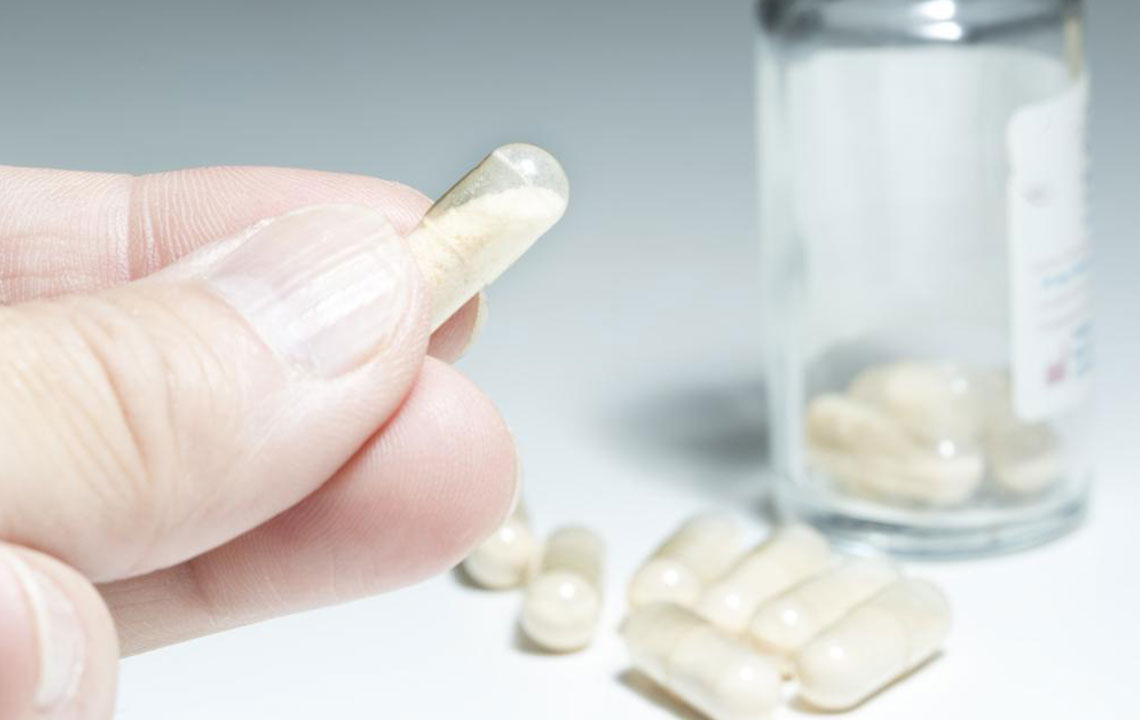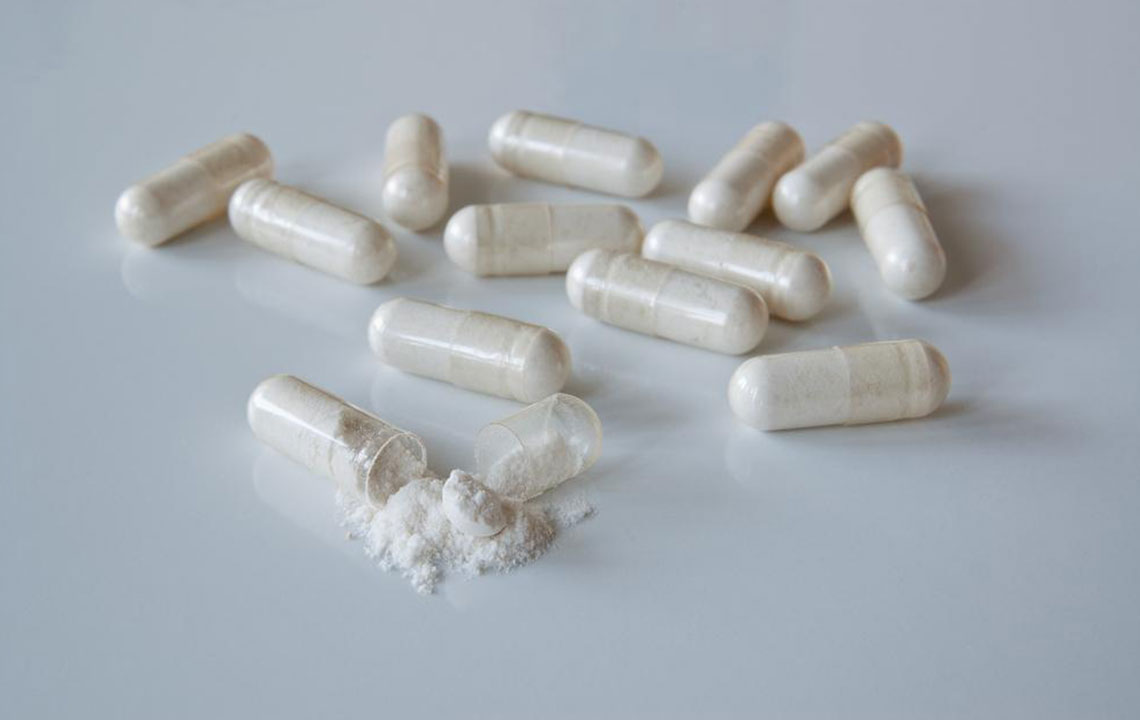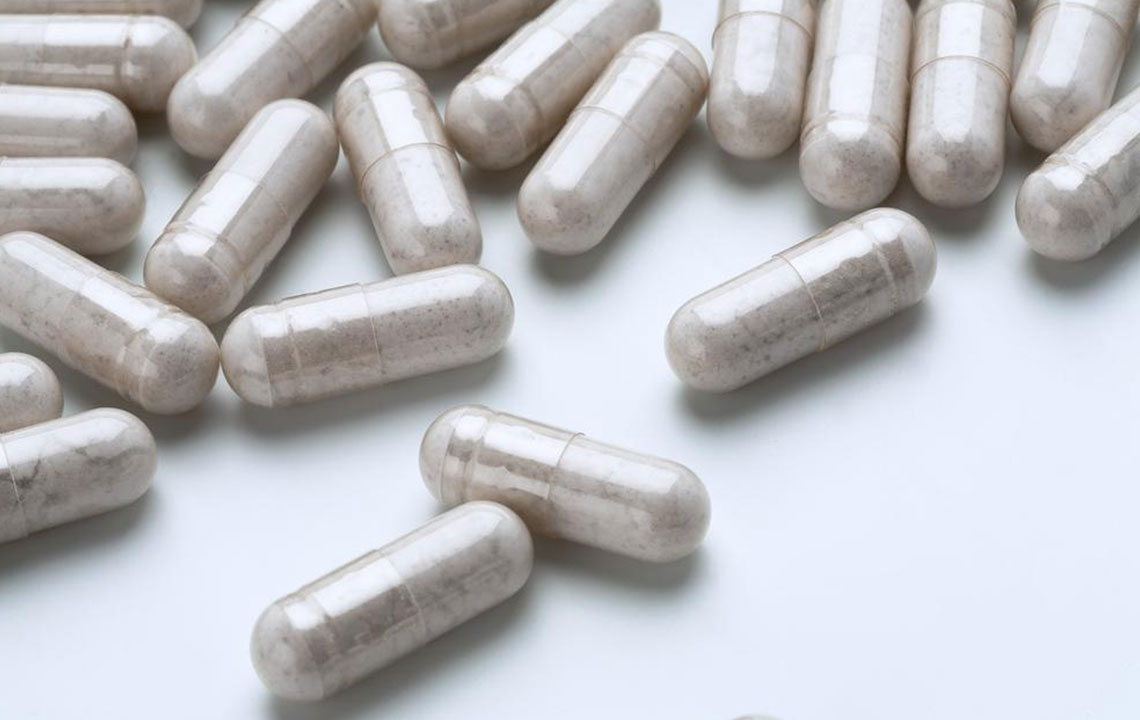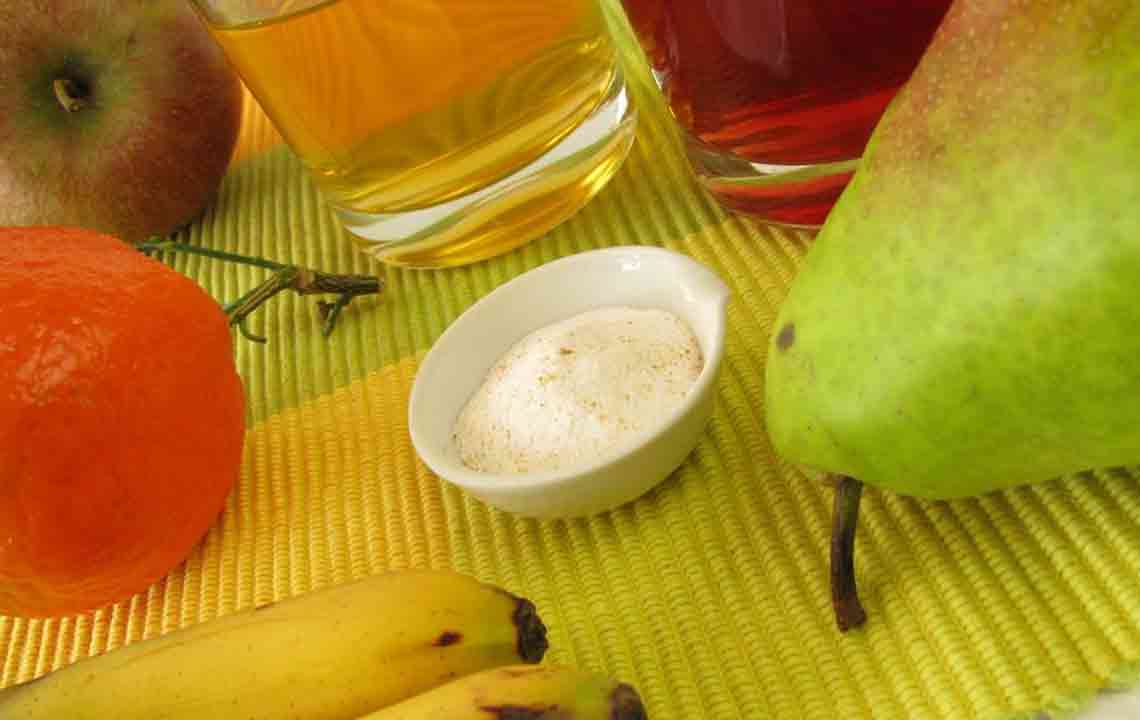Probiotics and Their Impact on Ulcerative Colitis Management
Explore the role of probiotics in managing ulcerative colitis, including their potential benefits, limitations, and usage recommendations. This article provides insights into how beneficial bacteria can support intestinal health and complement treatment strategies for chronic inflammatory bowel disease.

Probiotics and Their Impact on Ulcerative Colitis Management
When you hear 'bacteria,' do you immediately think of health issues and diseases? Most people do, but not all bacteria are harmful. Our gastrointestinal tract hosts many beneficial bacteria, which are essential for maintaining good digestion and gut health. These friendly microbes can support the health of our intestines and overall digestive system.
Probiotics are dietary supplements that supply these helpful bacteria, promoting a balanced gut environment. Available as tablets, capsules, powders, or drinks, they are intended for long-term health support, though they are not medicines that cure conditions outright. Research supports their role in enhancing digestion and overall health.
What is ulcerative colitis? It’s a chronic condition affecting the large intestine, leading to bloating, stomach cramps, inflammation, and bloody diarrhea. Symptoms may flare up intermittently, with periods of relief and intense discomfort. Managing this condition often involves treating active symptoms and preventing future episodes.
The role of probiotics in ulcerative colitis is a topic of ongoing discussion. Many patients incorporate probiotics into their treatment plans, with some reporting reduced flare-ups and symptom relief. However, efficacy varies, and some users see no significant benefits. Overall, probiotics are considered a supportive therapy rather than a cure.
While some find probiotics helpful in managing their symptoms, others feel the cost outweighs the benefits, viewing them as placebo-like supplements. The certainty remains that consuming beneficial bacteria is unlikely to cause harm, making probiotics a reasonable adjunct in treatment. Consulting a healthcare provider before starting probiotics is strongly recommended. Continued use over a month may help determine their effectiveness for individual cases.










